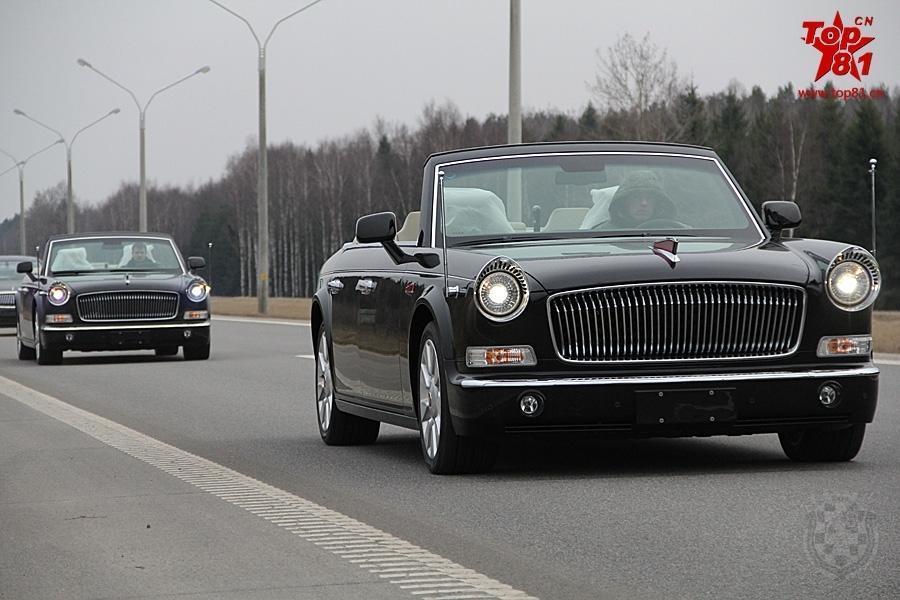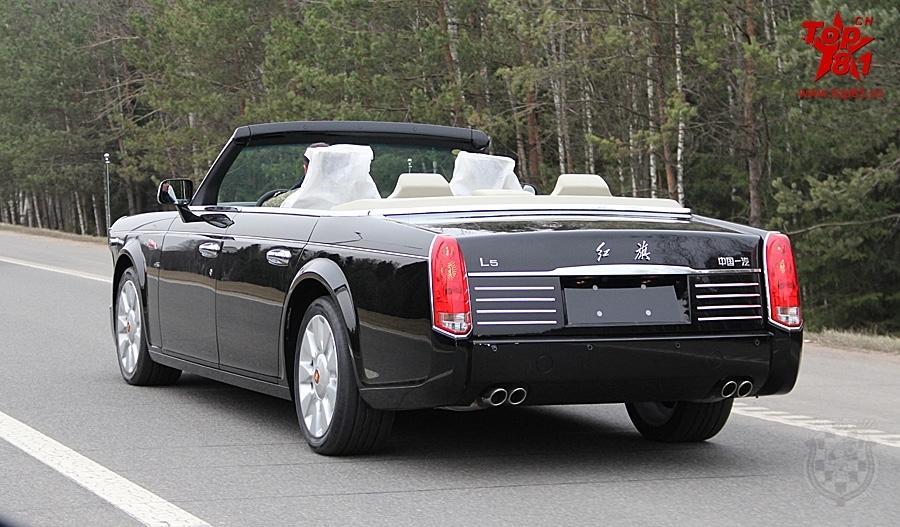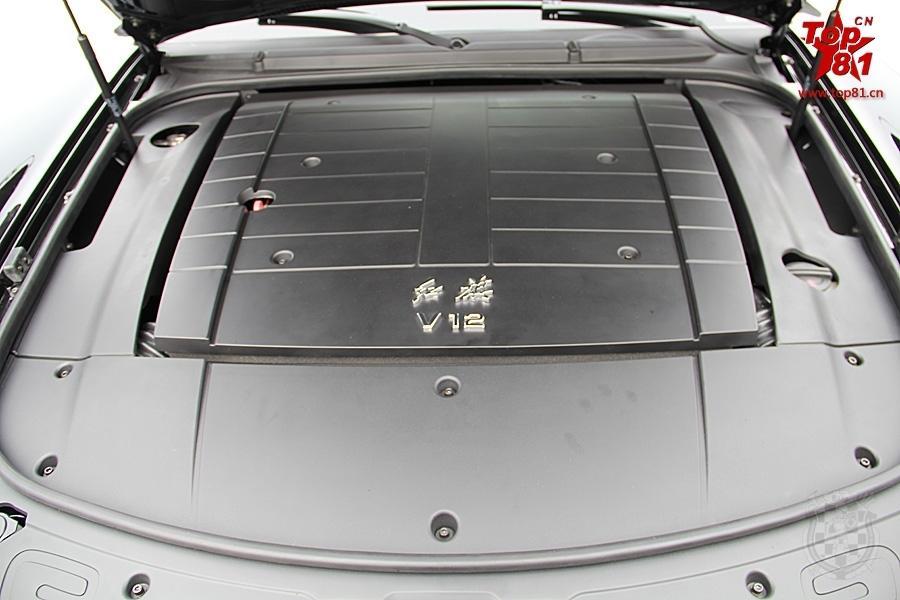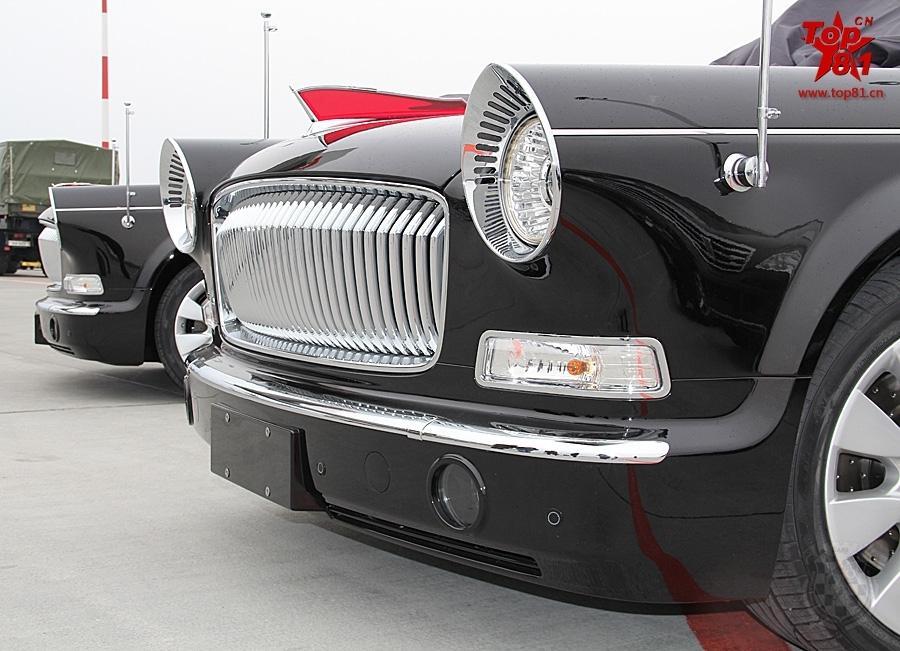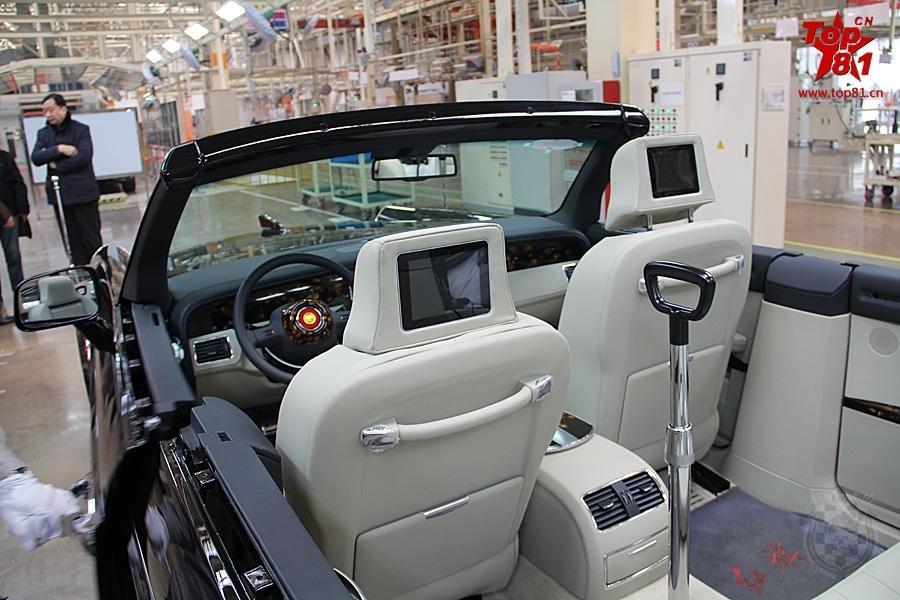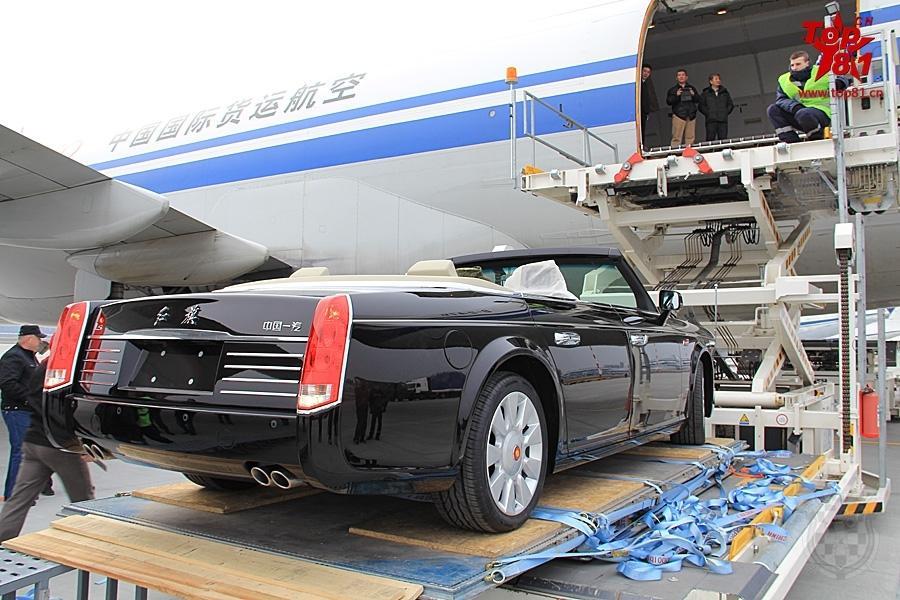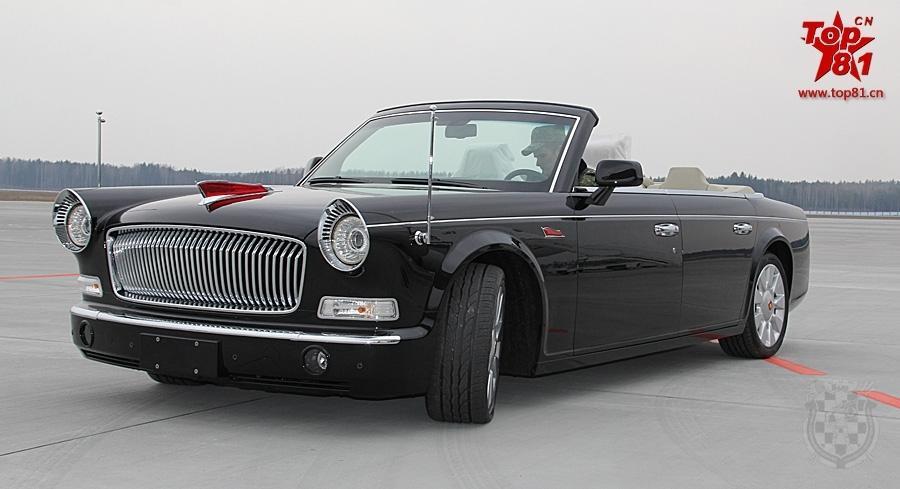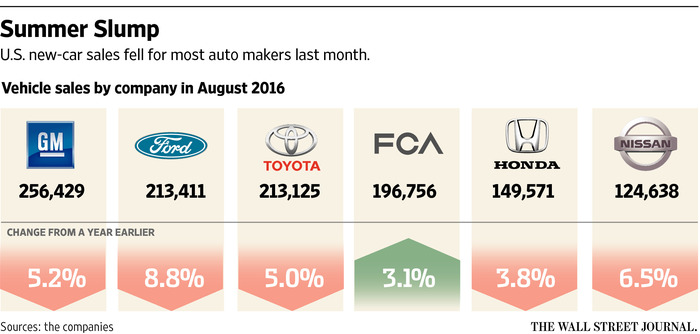TaiShang
ELITE MEMBER

- Joined
- Apr 30, 2014
- Messages
- 27,848
- Reaction score
- 70
- Country
- Location
VW to build joint venture with JAC
China Daily, September 7, 2016
German auto giant Volkswagen AG will likely build a joint venture with Chinese automaker JAC Motors, a source close to the matter told China Daily.
JAC suspended trading at the Shanghai stock exchange on Sept 7 because "we are to sign a memorandum of important effects", the automaker said in a public notice.
A public relations manager at Volkswagen China confirmed that there was something going on between the two but did not specify what type of cooperation it was, merely saying that details would be released this afternoon.
Volkswagen already has two passenger joint ventures in China-FAW Volkswagen and Shanghai Volkswagen.
Some believe it might build a joint venture on commercial or new-energy cars with JAC because industrial regulations in China stipulate that one international automaker is not allowed to have more than two joint ventures in the same category.
The possible cooperation started after Premier Li Keqiang's visit to JAC in October 2015. Chinese media reported that JAC told Li of its intention to work with Volkswagen and Li agreed to send the message.
**
When I was in the Mainland, I saw some JAC SUVs. Not cross-overs, real, full size SUVs. Cool-looking cars. Totally liked.
China Daily, September 7, 2016
German auto giant Volkswagen AG will likely build a joint venture with Chinese automaker JAC Motors, a source close to the matter told China Daily.
JAC suspended trading at the Shanghai stock exchange on Sept 7 because "we are to sign a memorandum of important effects", the automaker said in a public notice.
A public relations manager at Volkswagen China confirmed that there was something going on between the two but did not specify what type of cooperation it was, merely saying that details would be released this afternoon.
Volkswagen already has two passenger joint ventures in China-FAW Volkswagen and Shanghai Volkswagen.
Some believe it might build a joint venture on commercial or new-energy cars with JAC because industrial regulations in China stipulate that one international automaker is not allowed to have more than two joint ventures in the same category.
The possible cooperation started after Premier Li Keqiang's visit to JAC in October 2015. Chinese media reported that JAC told Li of its intention to work with Volkswagen and Li agreed to send the message.
**
When I was in the Mainland, I saw some JAC SUVs. Not cross-overs, real, full size SUVs. Cool-looking cars. Totally liked.



